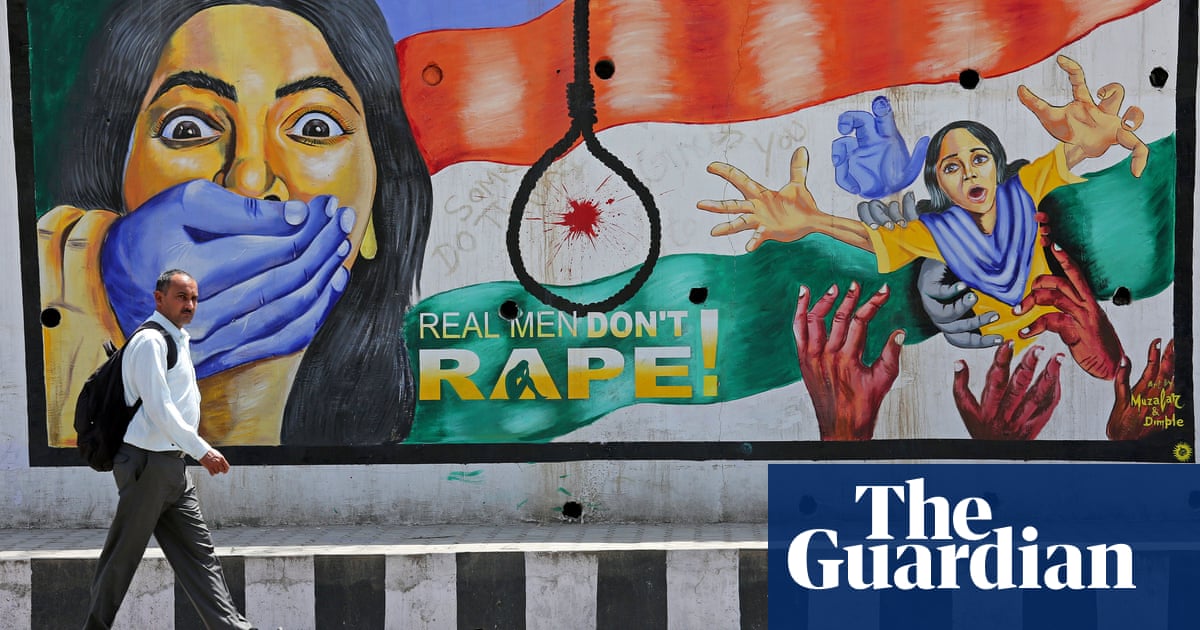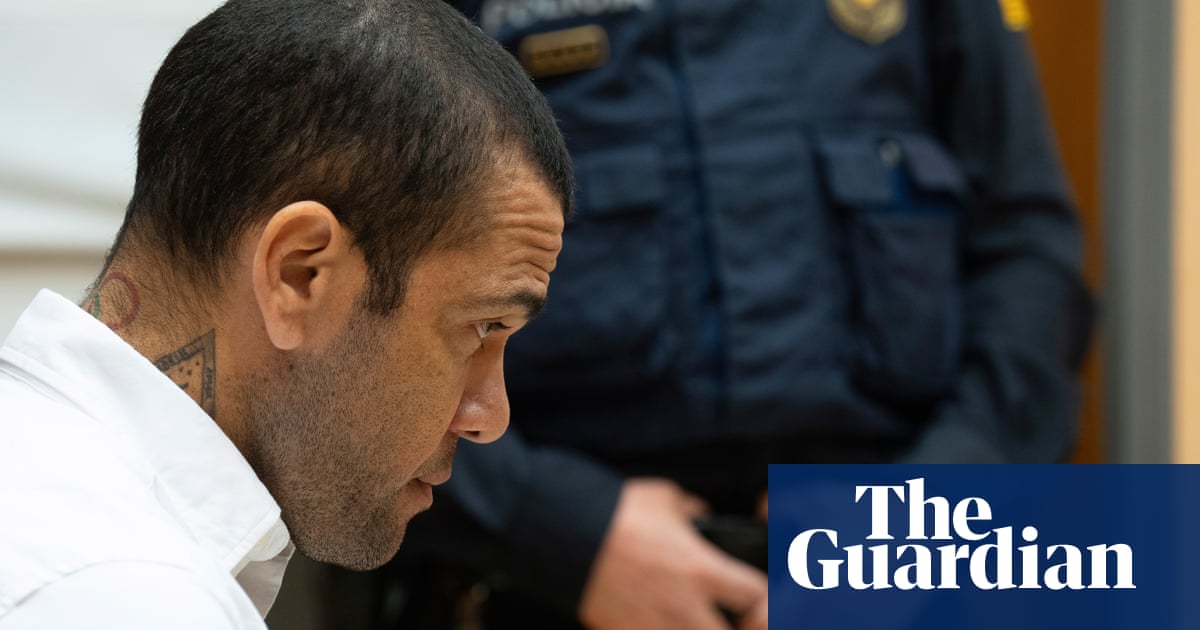
The list of complaints made by female students living at the women’s hostel in the south of Mumbai is depressingly long and goes back years. The women were regularly harassed by male staff, by the drug addicts who hung around outside and other men who made crude gestures. But whenever the women complained, they were threatened with eviction or simply ignored.
It makes what happened to Rani*, a second-year computer science student at a higher education college in the west Indian city, feel inevitable.
Last month, the 18-year-old was found dead in her room on the fourth floor of a government-run hostel in south Mumbai.
Rani was allegedly sexually assaulted and murdered by a security guard, Prakash Kanojia, who later killed himself. He had free access to the hostel rooms and Rani’s friends said he had been harassing the teenager for weeks before her death.
After her murder, 50 former and current students signed a letter to the city’s directorate of technical education, outlining serious flaws at the hostel and the lack of concern about students’ safety. It called for “immediate and decisive action” to address the issues.
Rani’s father says the family is “heartbroken” at the death of “the shining armour of our family”.
“Our entire future was dependent on her,” he says. “We have sacrificed a lot for her education. We borrowed money from relatives, sold jewellery. We went all-out for her dreams.
“I never imagined this could happen in a girls’ hostel. Being [run by] a government body, I felt my child was in safe hands. It was their responsibility to look after her, but they failed. Because of this, she is no more. It is hard to imagine our lives without her. All our dreams are shattered.”
He says his daughter’s murder raises “so many questions about women students’ safety”.
The Prevention of Sexual Harassment Act came into force in India after what is known as the Nirbhaya case – the gang-rape and murder of Jyoti Singh, a student in Delhi, in 2012. It makes it compulsory for all higher education institutions to have an internal complaints committee (ICC) to address abuse on campus.
But in 2019, a report by the Ministry of Education found only 95 out of 188 institutions had established committees, and those that were in place were considered ineffectual by students.
Ekta Viiveck Verma, founder of the Invisible Scars Foundation, an organisation that supports survivors of gender-based abuse, says: “While the government has introduced laws, many colleges and universities consider it a tick-box exercise and often it is only implemented after a scandal, and not in an effective way. This shows that women’s safety is not a priority.”
Verma says women are often scared to report abuse because they are afraid it will affect their studies. “Many families spend a fortune on their children’s education to get them into a good school. The majority of cases reported to us are by students harassed by other students, but they are scared to report it.
“In many conservative families, there is still a reluctance to allow daughters to live in college hostels, so if they say anything, they can get taken out of college.”
Victim-blaming is also a factor. “Often boys will get away with behaviours that girls don’t, which is dismissed ‘as boys will be boys’,” says Verma.
“The first level of harassment a girl faces is from her family. Parents will ask her why she was out at that time or what she was wearing. A family’s ‘honour’ is tied to her sexual purity. Women have too much to lose if they report it and nothing to gain.”
Adrija Dey, an academic and author of Gender-Based Violence in Indian Universities: A Study of Campus Life, Student Activism, adds: “Patriarchal structures of protectionism around women exist in families and these carry into university.
“In universities, that role is taken over by male staff and this protectionism cages women, which can become predatory.”
Aryan Gupta, national organising secretary of the All India Students’ Union, one of the biggest student bodies in the country, says Rani’s murder “highlights our concerns about the lack of adequate protection for students”.
“The fact that such a tragic incident occurred raises questions about the effectiveness of existing policies and security measures in educational institutions. It underscores the need for stronger and more comprehensive measures to ensure the wellbeing of students on campuses and in hostels,” he says.
“Student protection should be a top priority, and proactive steps must be taken to prevent such incidents from happening in the future.”
The superintendent in charge of the hostel has been suspended and the Maharashtra state government, which oversees the college, has launched an inquiry into the circumstances surrounding Rani’s death. The government has also pledged to ensure female security teams are provided at all government-run women’s hostels across the state.
The All India Students’ Union wants all higher education authorities to review and strengthen existing safety policies.
* Name has been changed. Indian law prevents the publication of the name or information leading to the identity of sexual assault survivors even after their death.












